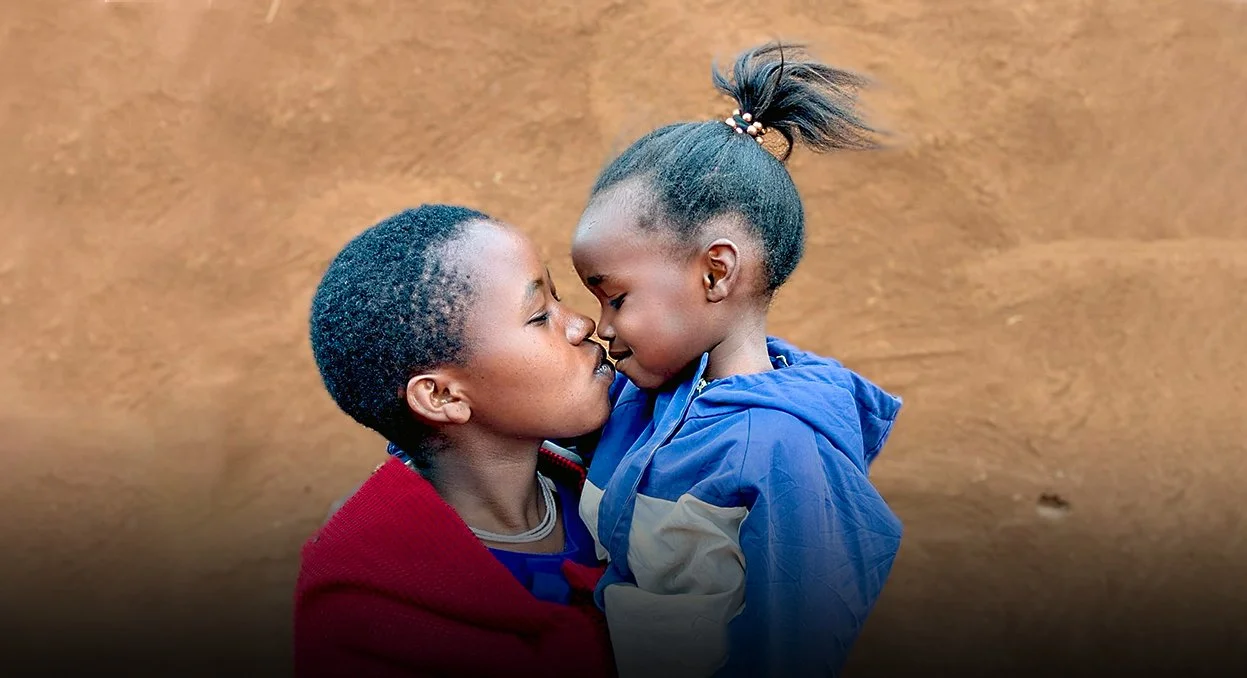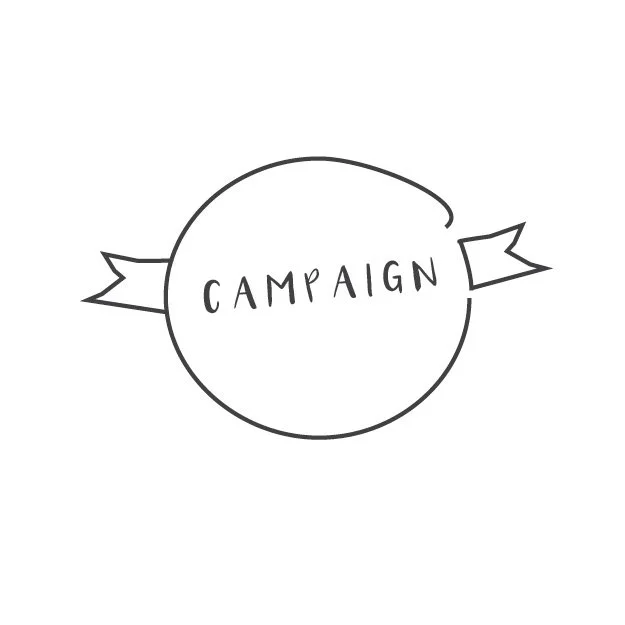OUR VISION: A WORLD WHERE EVERY GIRL CAN GO TO SCHOOL
For the Good partners with communities in rural, disadvantaged regions of Kenya to keep girls in school so they are equipped and emboldened to drive their own lives. Our community-based approach has ranked us as a GlobalGiving Top-Rated Charity NGO and earned us a Guidestar Platinum Seal of Transparency three years running. Together, through the generosity of our supporters and the commitment of our partner communities, we are making a powerful difference for thousands of girls.
THE CHALLENGE:
GLOBALLY, 129 MILLION GIRLS ARE OUT-OF-SCHOOL
Given a secondary education, girls: earn higher incomes; have fewer, healthier children; and have a much better chance of creating better futures for themselves and their families. The benefits of girls’ education also ripple widely into their communities and strengthen economies at local and national scales. Yet, according to UNESCO estimates, 129 million girls around the world are out of school. The majority of these - 97 million, are of secondary school age.
We believe in better access to education for all children, but the increased barriers girls face in their attempts to gain one are the reason we focus our work on keeping girls, especially, in school. Every day, girls face enormous barriers to their attempts to begin or continue their educations as a result of poverty, cultural norms and practices, conflicts, violence, and lack of infrastructure. Addressing these barriers to help girls stay in school creates a powerful ripple effect that extends to their families, communities and beyond, creating positive global impacts for us all.
“With an education,
I can help my family
and community.”
- Najma, at age 15
Najma studying at home: ©Ami Vitale

OUR PROGRAMS
Girls' and women’s empowerment requires addressing many interconnected pillars: access to education, access to essential needs such as clean water, sexual/reproductive health services, and land ownership rights. Sustainable change happens best when it’s sparked from within communities themselves and then supported with additional needed resources. That’s why we work with communities to identify the biggest barriers to girls’ education locally and then partner together to reduce them. Our current programs address the lack of resources, schools, and MHM in several under served, remote regions of southern Kenya populated primarily by Maasai communities. We also work with leaders there to shift attitudes that have historically led to low school enrollments, early marriage, and high dropout rates for girls.
Learn more here.
HOW WE WORK
We work smart, hard and intentionally. We listen deeply
to our community partners and use data to inform how and where we focus our work to keep girls in Kenya in school. This allows us to have the greatest impact by directing our resources to reach the remote communities who most need additional support.
Our staff come from the communities we serve because they have the keenest insights into girls’ and communities’ challenges on a local scale. They are also recognized and trusted and, therefore, more effective. They will remain community leaders long after we, as an organization, have gone, helping create the long term and sustainable change that is a core goal of our organization.
LEARN MORE ABOUT OUR PROCESS
Portrait of Anne, our Team Angaza intern for Olmesutie.

GIRLS, OUR PLANET, AND CONSERVATION
“Climate disasters don’t blast away existing social relationships and inequalities, as if out of the rubble comes a chance to reset. They do the opposite: what was unequal before becomes even more unequal after.”- Anne Karpf
Women and girls in low-income countries are the least responsible for the warming of our planet but are often the ones who suffer the most under the dramatic weather changes that warming creates: UN Environment estimates that 80% of people displaced by those weather events are women. Once they are displaced from the traditional ways they fed and housed themselves, they – and their children – are at significantly greater risk. Families struggling to cope with extreme weather look to their children to earn extra money to help the family survive; daughters are also married off at earlier ages as ther parent’s struggle to feed all of their children. Increased flooding, typhoons, hurricanes and landslides can make schools inaccessible. And girls, whose school attendance is already discouraged in many parts of the world, are increasingly pulled out of classrooms.
Yet research shows that these same women and girls also possess some of the most powerful potential to steer us away from our current disastrous trajectory. When girls have equal access to education and women have equal rights to own land, earn money, and make decisions, not only do they benefit personally, but their families, communities, and our planet all gain. Around the world, they are developing creative, resourceful, and impactful solutions that are conserving and restore forests, oceans, grasslands, deserts, and countless wildlife species of all kinds.
“The rights of women and the protection of nature go hand in hand with a sustainable future–they are integrally connected….We must empower women because their leadership capacities and knowledge can steer us away from our current disastrous trajectory towards a dying planet and a sixth extinction crisis.”
MORE WAYS TO GET INVOLVED AND MAKE A DIFFERENCE:
JOIN THE SPARK
The Spark is our passionate and committed group of monthly givers on a mission to keep girls in Kenya learning all year long.







